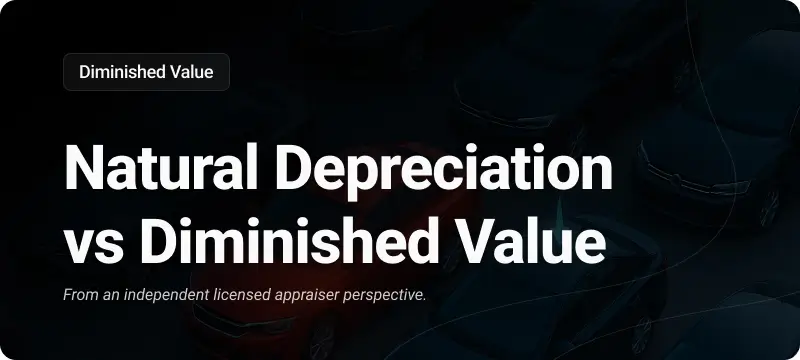Rise and Fall: Q1 F&I Profit Highlights and Challenges (PDF)

The first quarter of 2023 has brought mixed results for publicly traded dealership groups in the United States. While some groups experienced a slight increase in average finance and insurance (F&I) gross profit per vehicle, others faced a decline. This blog post delves into the performance of four dealership groups and examines the factors that influenced their F&I profits in Q1 2023.
| Public Dealership Group Results for Q1 | |||
|---|---|---|---|
| AutoNation | Q1 2023 | Q1 2022 | Change |
| Avg. F&I gross profit per vehicle retailed | $2,717 | $2,673 | 1.6% |
| F&I % of revenue | 5.2% | 5.4% | |
| F&I % of gross profit | 26% | 28% | |
| Asbury Automotive Group | |||
| Avg. F&I gross profit per vehicle retailed | $2,352 | $2,544 | -7.5% |
| F&I % of revenue | 4.8% | 5.3% | |
| F&I % of gross profit | 23% | 25% | |
| Lithia Motors | |||
| Avg. F&I gross profit per vehicle retailed | $2,197 | $2,259 | -2.7% |
| F&I % of revenue | 4.6% | 4.7% | |
| F&I % of gross profit | 26% | 24% | |
| Group 1 Automotive | |||
| Avg. F&I gross profit per vehicle retailed | $2,259 | $2,449 | -7.8% |
| F&I % of revenue | 4.4% | 5% | |
| F&I % of gross profit | 24% | 25% | |
| Penske Automotive Group | |||
| Avg. F&I gross profit per vehicle retailed | $1,776 | $1,922 | -7.6% |
| F&I % of revenue | 3.3% | 3.6% | |
| F&I % of gross profit | 20% | 21% | |
| Sonic Automotive | |||
| Avg. F&I gross profit per vehicle retailed | $2,318 | $2,316 | 0.1% |
| F&I % of revenue | 4.1% | 4.2% | |
| F&I % of gross profit | 23% | 23% | |
AutoNation and Sonic Automotive Show Modest Gains
Among the six publicly traded dealership groups, AutoNation and Sonic Automotive stood out as the sole performers with an increase in F&I profit per vehicle retailed during the first quarter. AutoNation achieved a notable 1.6 percent rise, while Sonic Automotive experienced a modest yet promising 0.1 percent increase. Despite the impact of elevated interest rates on finance contract penetration rates, Sonic Automotive’s CEO, David Smith, confidently reaffirmed the company’s guidance for full-year 2023 F&I per unit to reach or exceed $2,400.
Factors Influencing F&I Profit Decline
The remaining four dealership groups faced declining F&I profits in Q1 2023, albeit with single-digit drops. Experts attribute this decline to higher interest rates and vehicle affordability issues. Asbury Automotive Group reported a 7.5 percent decrease in F&I gross profit per vehicle compared to the same period in 2022. However, Asbury executives noted that credit tightening did not significantly impact their consumer financing arrangements.
Group 1 Automotive and Lithia Motors also experienced declines in F&I gross profits, down 7.8 percent and 2.7 percent, respectively. Group 1 Automotive CEO Darryl Kenningham expects the business to soften further due to pressure on finance penetration rates and tighter lending requirements for some buyers. Lithia Motors’ COO Chris Holzshu highlighted the importance of their F&I product offerings in maintaining customer relationships across various affordability levels.
Penske, another dealership group affected by the decline, reported a 7.1 percent decrease in F&I profits compared to the same period last year. Higher monthly vehicle payments and a shift toward higher captive penetration in financing contracts contributed to the negative pressure on Penske’s F&I business.
Overall, the first quarter of 2023 witnessed mixed results for publicly traded dealership groups in terms of F&I gross profit per vehicle retailed. While AutoNation and Sonic Automotive showed modest gains, Asbury Automotive Group, Group 1 Automotive, Lithia Motors, and Penske experienced declines in their F&I profits. The impact of higher interest rates and vehicle affordability concerns was cited as the primary reason for these declines. Despite the challenges, dealership groups are strategizing and adapting to maintain their F&I performance in an ever-changing automotive landscape.


